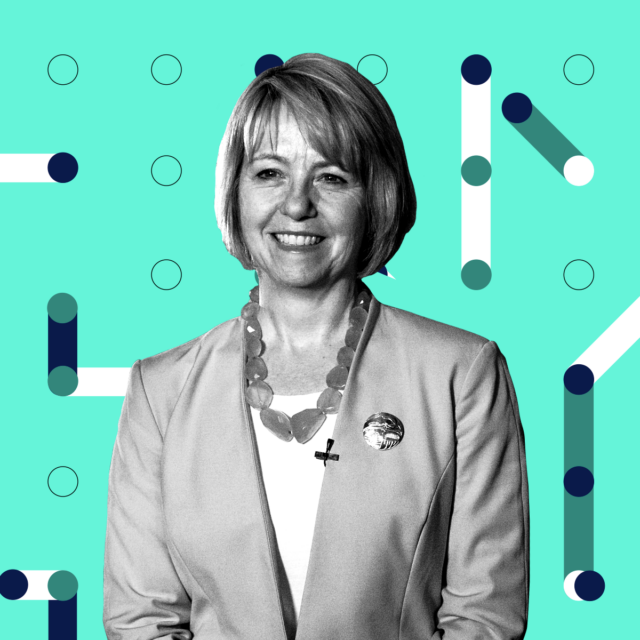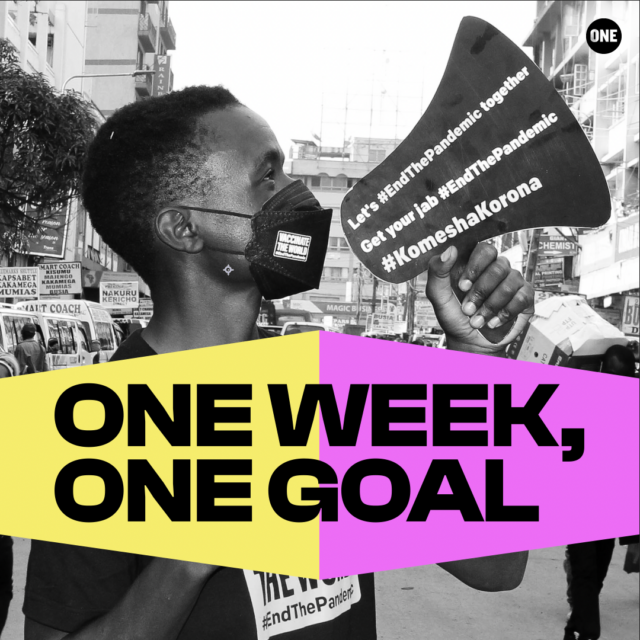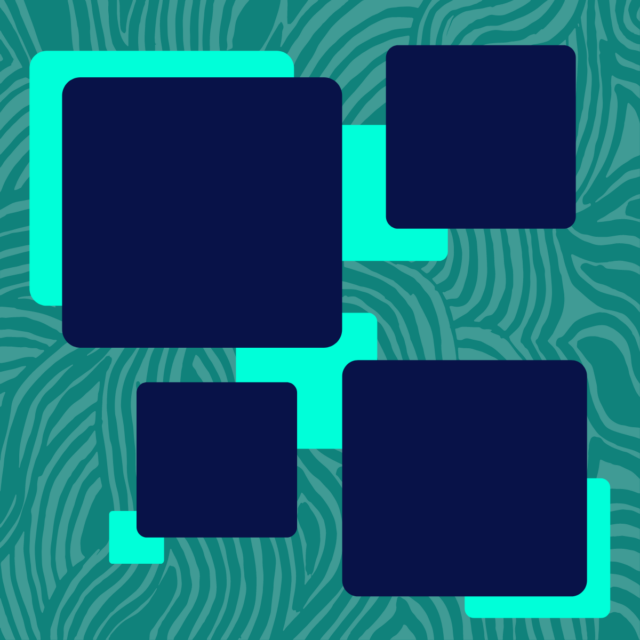Dr. Bonnie Henry is provincial health officer for British Columbia and clinical associate professor at University of British Columbia. We interviewed her as part of our #PassTheMic campaign. Here’s some of what she had to say.
One of the important things we need from a coordinated global response to COVID is to share information, to learn from each other, and appreciate that we are all in this together.
We need to take the best of what each of us has experienced, the things that have worked to protect people, and share that information. It’s the only way we’re all going to get through this together because it affects all of us.
Underlying it all needs to be compassion, because putting up barriers, not trusting people, and not exchanging information isn’t going to get us where we need to be.
From my perspective, one of the most important things we need is that underlying sense of togetherness and compassion. I know that sounds very unscientific, but it is the only way that we can support each other: by recognising that it does no good to blame people, to single people out, to stigmatise people who have this disease.
We need to be open and trusting of each other because that’s how we as a community are going to be able to get through this. Here in British Columbia, we’ve made it very clear that our approach is one of support and kindness. We need to think of that globally as well.
Underlying it all needs to be compassion, because putting up barriers, not trusting people, and not exchanging information isn’t going to get us where we need to be.
We’ve already seen the risk if we do not have a coordinated global response. Countries have tried to blame other countries, created mistrust, and stigmatised people because they feel they are responsible for this.
That mindset appeals to people sometimes when they’re going through something challenging. One of the natural things that people do when they’re afraid is get angry or blame people. So if we can recognise that our response to this doesn’t have to mean that we have anger, that’s very helpful.
If we look at something very early on, one of the important things that happened was that China posted the genetic strains of the virus it had isolated and that allowed us, around the world, to develop lab tests. So, if we are not open and able to exchange and share information, then we all suffer.
An extraordinary situation
In Canada, we’ve learned that putting in barriers to travel, barriers to countries, and not being able to share with others means we are alone in the world. So we have to recognise that we are a global community and putting up barriers doesn’t help us.
There’s often a push very early on when people are concerned and afraid to blame people they think are responsible. But we’re seeing people be kind.
I find optimism in the response of people in our communities here. There’s often a push very early on when people are concerned and afraid to blame people they think are responsible. But in our communities, we’re seeing people be kind. That makes me recognise that we are going to get through this.
We’ve got to remember that this is a very extraordinary situation. People like me, who have been involved in healthcare for many years, never really believed that this would actually happen. But the things that have got us through this are exchanging information and working together to recognise that this is not forever, it’s for now.
We need people to take precautions. It’s the best way we can support each other until we can learn more about how we can best prevent and protect people from this virus. For us here in BC our philosophy is: Be Kind, Be Calm and Be Safe.
One of the other things that has struck me is that the virus has really affected our seniors. It’s important that there’s recognition that our elders are such an important part of our culture, our language, the keepers of history and our community. One of the most important things that we can do is protect the elders in our lives. That importance has not always been recognised, particularly in western society.
I am also acutely aware of the impact of COVID on youth around the world. While the virus has had a larger effect on those who are older, the social impacts on youth are immense.
However, young people are using technology to connect and unite safely. I know that they have an incredible ability to mobilise and act around a common cause. So perhaps one of the things that we can do is to mobilise around protecting our elders, who are our history keepers and most at risk.
These excerpts from the interview were edited for length and clarity.
Hear more from experts in our #PassTheMic campaign, where global health experts take over celebrities’ social media channels to share the data, facts, and science we need to know to end COVID-19. Follow us on Instagram, Facebook, and Twitter for more.



